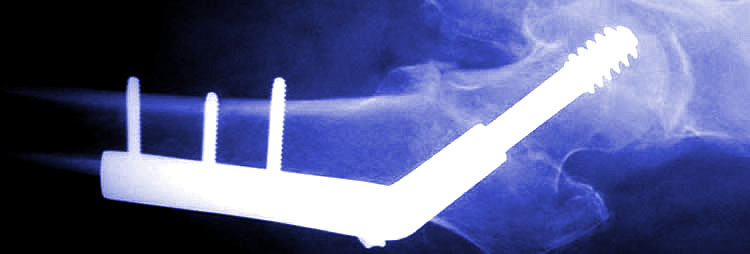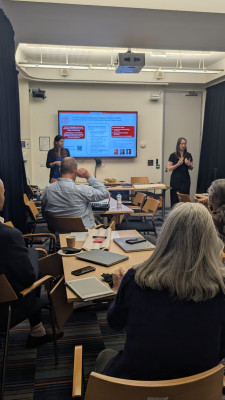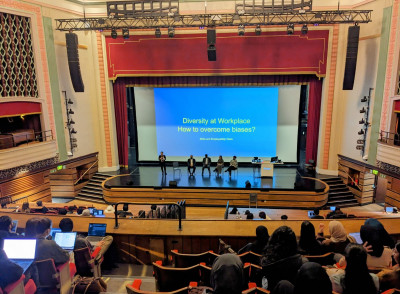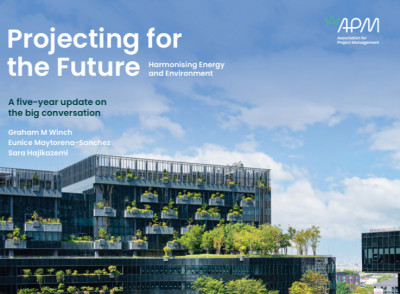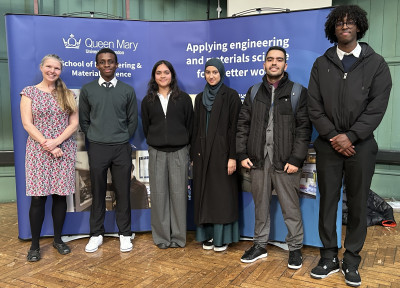Welcome to the School of Engineering and Materials Science
The School of Engineering and Materials Science was formed from Queen Mary's Department of Engineering and Department of Materials and provides outstanding degree programmes coupled with internationally leading research which is reflected in all our undergraduate programmes. Our taught postgraduate programmes are similarly first class and provide students with a fantastic opportunity to engage with cutting-edge research in: Bioengineering, Intelligent Transport, Sustainable Engineering and Engineering and Materials Education. The skills developed by our students and our extensive industrial connections provide graduates with excellent employability in stimulating and well-paid careers.
Events and Seminars
 Wed 19 Mar 2025 Wed 19 Mar 202512:00 - 13:00 | Scholarship Exchange Webinar  |
 Wed 2 Apr 2025 Wed 2 Apr 202515:00 - 16:00 | Queen Mary Bioengineering Seminar Series - Dr. Alberto Elosegui-Artola, The Francis Crick Institute |
 Wed 16 Apr 2025 Wed 16 Apr 202512:00 - 13:00 | Scholarship Exchange Webinar |
 Wed 16 Apr 2025 Wed 16 Apr 202515:00 - 16:00 | SEMS seminars: Google DeepMind Chair of Machine Learning and AI, Professor Marc Deisenroth, UCL |
 Wed 21 May 2025 Wed 21 May 202512:00 - 13:00 | Scholarship Exchange Webinar |
Recent publications
- Modeling, optimization, and control of a variable stiffness pneumatic rotary joint with soft-rigid hybrid twisting modules
Jiang Z and Zhang K
Mechanism and Machine Theory, Elsevier vol. 205
01-03-2025 - Exploring the impact of thermal fluctuations on continuous models of adhesion
Binetti C, Cannizzo A, Florio G, Pugno NM, Puglisi G and Giordano S
International Journal of Engineering Science, Elsevier vol. 208
01-03-2025 - Modeling spider silk supercontraction as a hydration-driven solid–solid phase transition
Fazio V, Florio G, Pugno NM and Puglisi G
Journal of The Mechanics and Physics of Solids, Elsevier vol. 195
01-02-2025



